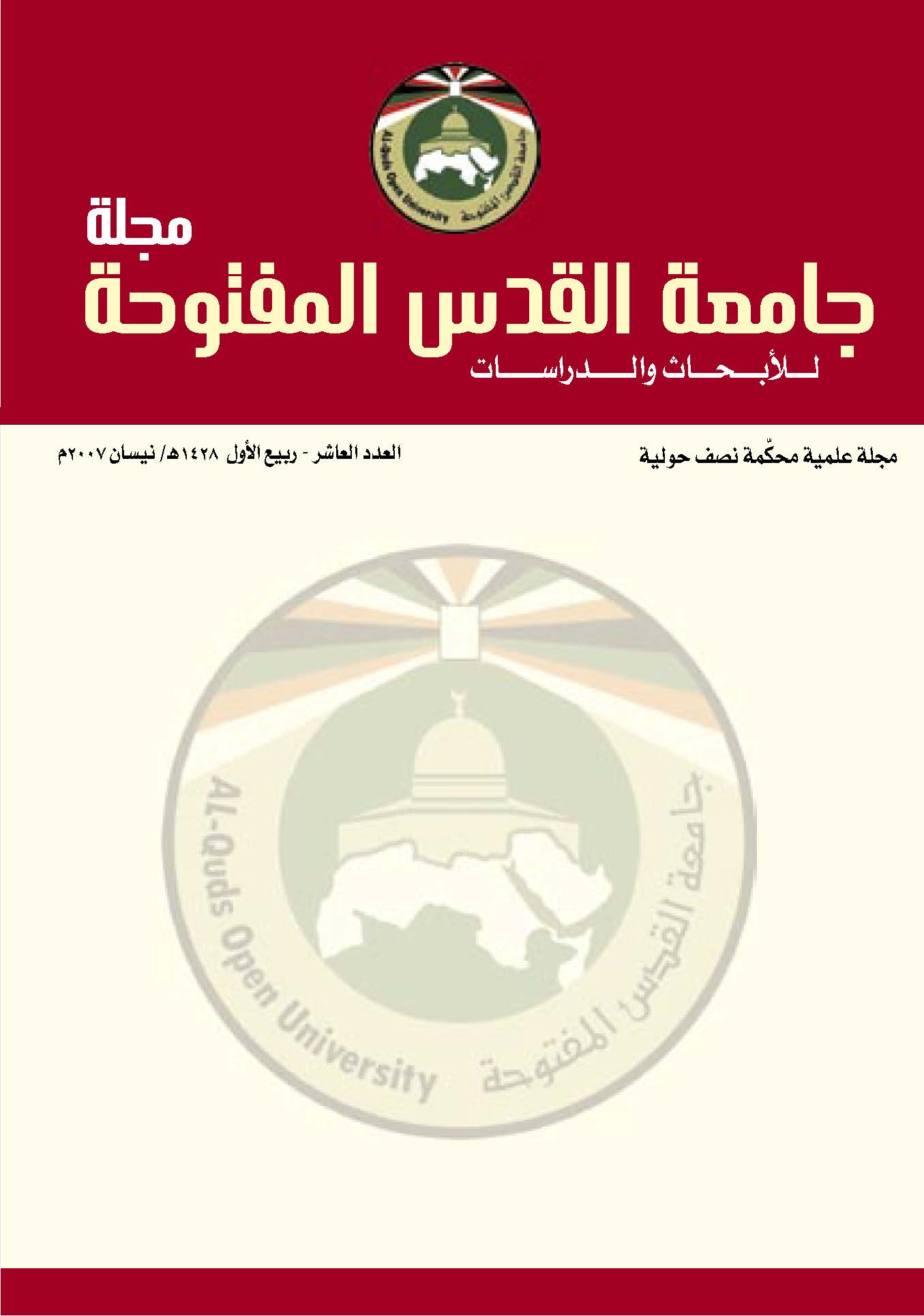Differences between Islamic schools of thoughts and their impact on the unity of the Muslims
Keywords:
Differences, Islamic schools of thoughts, unity of the Muslims, allowed, forbidden, IslamAbstract
This Paper presents a very important topic in today's Muslims' life. That is, it addresses the differences between Islamic schools of thoughts and the effect of these differences on the unity of the Muslim Ummah. Islamic-ally, it is healthy and very encourage-able to study the Islamic teachings and to extract rules and regulations that are consistent with the Quran and Sunnah. With that mentioned, having the same text studies by different scholars will definitelyleadtodifferentinterpretations.Theissuethatthispapertriestoaddress is the fact these differences instead of being factors to enrich the understanding of Islam, it led some Muslims to fightagainsteachotherandthen to unwanted diversity.
As we believe in that having several schools of thoughts will improve our understanding of Islamic teachings, we also believe that understanding will not be achieved unless Muslim Scholars follow the Islamic teachings of Ijtihad. Ijtihad in Islam has rules, conditions, tools, and morals by which scholars can freely work in a scientificenvironment.Aboveall,wepresentthefacts that makes Ijtihad in Islam is a dynamic science as it is based on solid and unchangeable roots, Quran and Sunnah, and in the same time scholars are free to work openly without and external and biased influencestosolvethe ongoing political, economical, and social problems and needs.
Downloads
Published
How to Cite
Issue
Section
License
- The editorial board confirms its commitment to the intellectual property rights
- Researchers also have to commit to the intellectual property rights.
- The research copyrights and publication are owned by the Journal once the researcher is notified about the approval of the paper. The scientific materials published or approved for publishing in the Journal should not be republished unless a written acknowledgment is obtained by the Deanship of Scientific Research.
- Research papers should not be published or republished unless a written acknowledgement is obtained from the Deanship of Scientific Research.
- The researcher has the right to accredit the research to himself, and to place his name on all the copies, editions and volumes published.
- The author has the right to request the accreditation of the published papers to himself.













_2.png)
_.png)
_2.png)
_1.png)
_.png)

